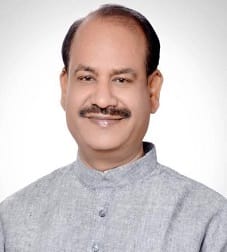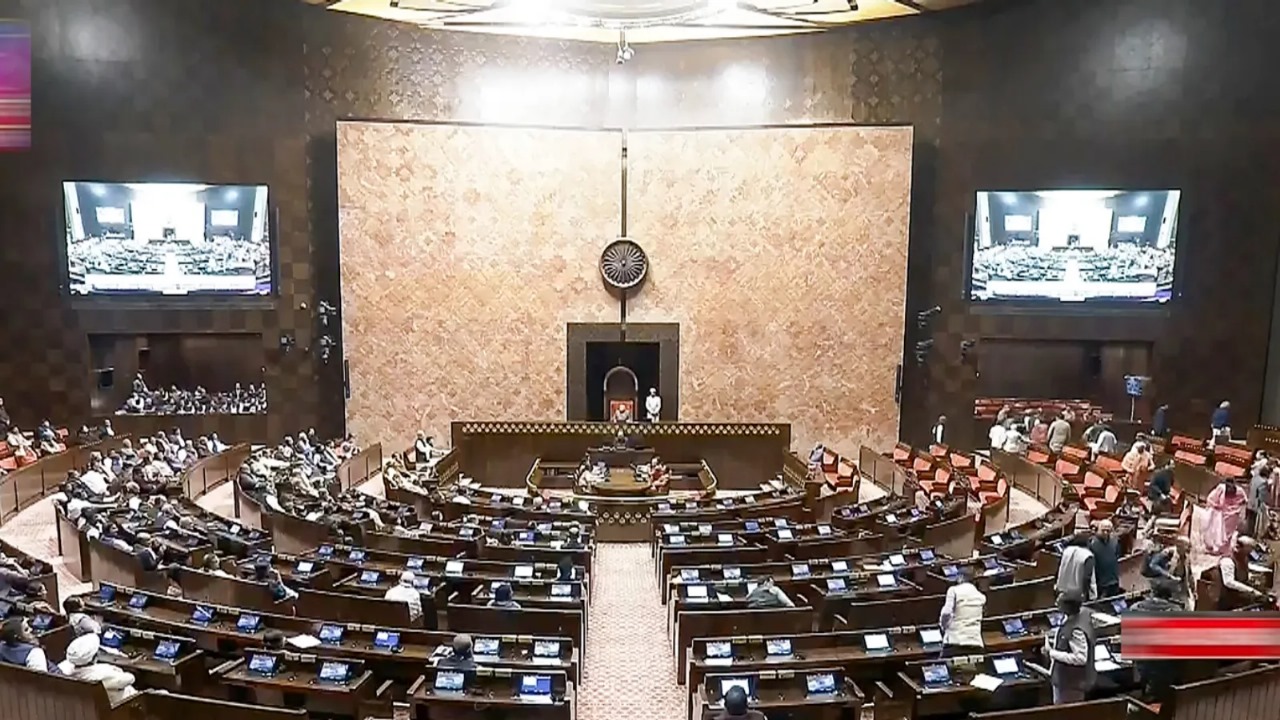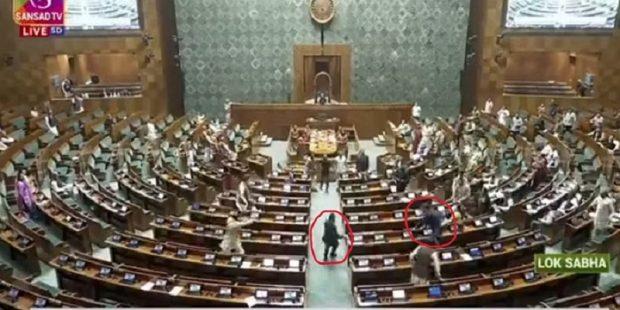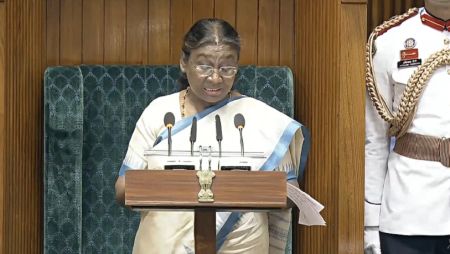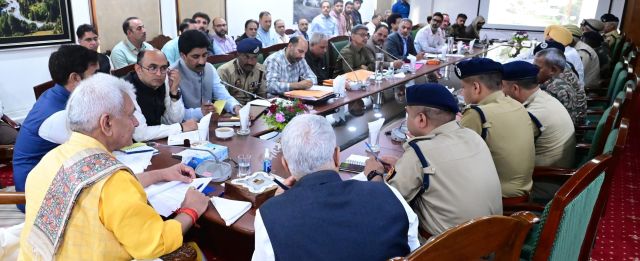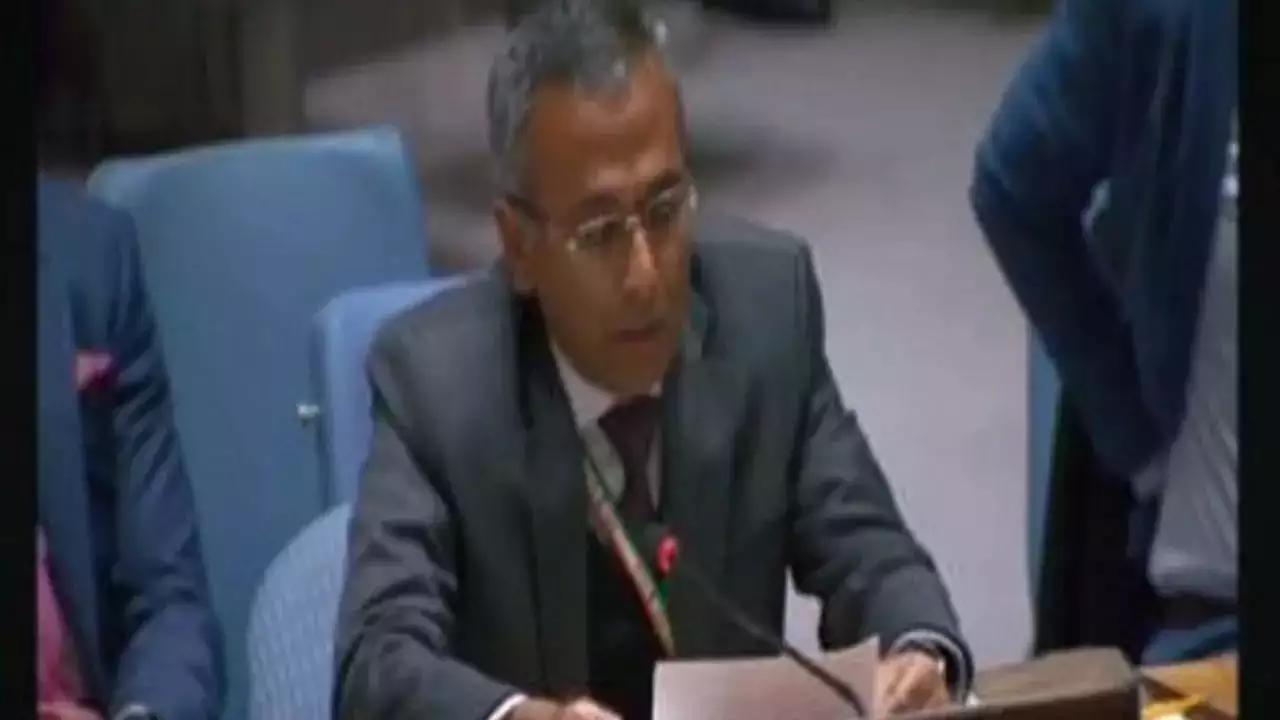Kolkata: West Bengal Chief Minister Mamata Banerjee on Monday wrote to Prime Minister Narendra Modi, expressing “strong reservation” over the Centre excluding the state government from discussions with Bangladesh regarding Teesta water sharing and the Farakka Treaty.
Banerjee also urged the PM to not hold any such discussion with the neighbouring country without involving the West Bengal government.
The letter, which was shot off in the wake of Modi’s recent bilateral talks with his Bangladeshi counterpart Sheikh Hasina in Delhi, followed Banerjee’s reported displeasure expressed in close circles after details of the meet between the two heads of state were reported in national media.
“I am writing this letter in context of the recent visit of the Prime Minister of Bangladesh. It seems that water sharing issues relating to the Ganges and Teesta rivers may have been discussed during the meeting. Such unilateral deliberations and discussions without consultation and the opinion of the state government is neither acceptable nor desirable,” she said in a three-page letter to Modi.
Bengal has a very close relationship with Bangladesh – geographically, culturally and economically, she noted.
Banerjee, while referring to the Indo-Bangla agreement on exchange of enclaves and rail-bus connectivity services between the two nations, maintained that West Bengal has “cooperated with Bangladesh on several issues in the past” contributing to the “betterment of economy in the region”.
“However, water is very precious and is the lifeline of the people. We cannot compromise on such a sensitive issue, which has severe and adverse implications on the people. People of West Bengal will be the worst sufferers due to the impact of such agreements,” said Banerjee, in reference to both Teesta and Farakka waters.
Focusing on the 1996 Bangladesh Farakka Treaty, which, according to Banerjee, is currently in the process of renewal ahead of its scheduled expiry in 2026, the chief minister highlighted the “disruption of river links causing reduction of water availability” in rivers on this side of the international border, and “accentuated riverbank erosion” as twin fallout of the Farakka Barrage project.
“I would like to bring to your notice that river morphology has changed in the eastern part of India and Bangladesh over many years, which has deprived West Bengal and negatively impacted the water availability in the state,” she said in the letter.
Terming the disconnection of the Bhagirathi from the Ganges a “genesis of construction of the Farakka Barrage Project”, she stressed on the impact of reduced silt flow into the Hooghly River as an additional fallout.
“This has accentuated erosion by the rivers and the areas both in the upstream and downstream of the barrage have faced serious loss of life and property… Lakhs of people have been displaced from their habitation rendering them homeless and also leading to their loss of livelihood. The reduced silt load in Hooghly has impeded the nourishment of the Sunderban delta,” the CM said.
Banerjee also alleged central deprivation over promised dredging funds, and the “unilateral reduction” of the Farakka Barrage Project Authority for implementing anti-erosion work in the region.
Turning her attention to the discussion over sharing of Teesta water between the two countries, Banerjee blamed the construction of a “series of hydropower projects in Sikkim, deforestation in upper catchment and impact of climate change” as reasons behind the river’s health suffering.
“It seems that, in the meeting, the Government of India has proposed a bilateral cooperation between India and Bangladesh for restoration of Teesta in Bangladesh,” she observed.
The chief minister also reasoned why it would “not be feasible to share Teesta water with Bangladesh”.
“Due to reasons stated above, water flow in Teesta has gone down over the years and it is estimated that if any water is shared with Bangladesh, lakhs of people in North Bengal will get severely impacted due to inadequate availability of irrigation water. In addition, Teesta water is also needed for meeting drinking water requirements of the residents of North Bengal,” she asserted.
“I love and respect the people of Bangladesh and always wish for their well-being… (but) I convey my strong reservation that no discussion on sharing of Teesta water and the Farakka Treaty should be taken up with Bangladesh without the involvement of the state government. The interest of people in West Bengal is paramount, which should not be compromised at any cost,” Banerjee said.




